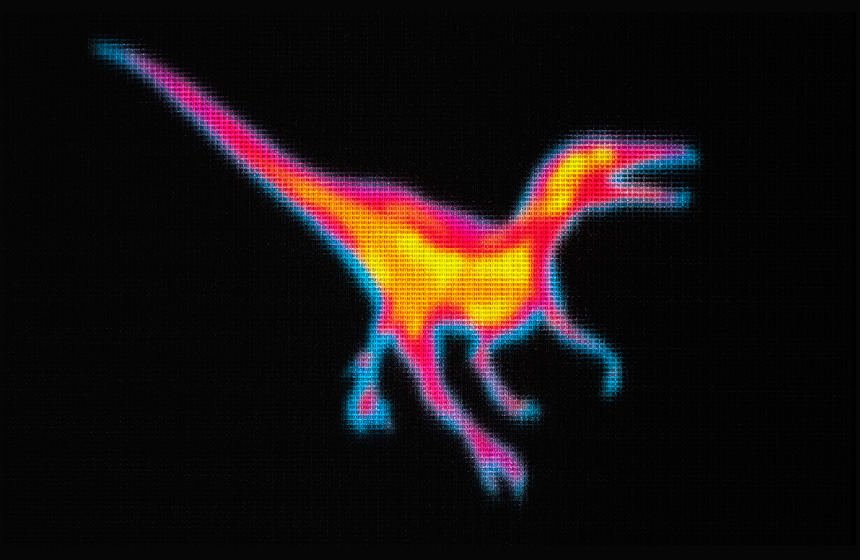Post by Vodmeister on Mar 12, 2014 23:05:24 GMT 5
Fine-tuning argument
In cosmology, fine tuning refers to the precise balance of cosmological constants that allow the observable universe to exist as it does. These constants include the speed of light, the rate of expansion of the universe, the force of gravity, the nuclear strong force, the electromagnetic force, and many other parameters of the observable universe. It is claimed that these constants exist in such a state of precise equilibrium that any variation to their values would have resulted in a drastically different universe. The fine tuning argument states that these values occurring in such a precise state by mere chance is highly improbable, and that there must have been a creator to fine tune these values in order for our universe to exist as it does and for life to exist on Earth. This argument is the same as the anthropic theistic principle.
Background
The argument of fine tuning is a rather new one. It has only become popular since the mid-1990s with recent observations about the observable universe and cosmological constants. Cosmologists have theorized that even minute variations in the values of these constants would have resulted in a radically different universe or one altogether unsuitable for supporting life as we know it.
Example 1: The rate of expansion of matter after the Big Bang had to occur at precisely the right rate to allow our universe to form as it has. If it had expanded any faster, matter would have dissipated too quickly for stars and solar systems to form. If it had occurred any slower, the universe would have collapsed upon itself shortly after the Big Bang, resulting in what is known as a Big Crunch.
Example 2: The strong nuclear force is the force which binds protons and neutrons together in the nucleus of an atom. Scientists have calculated that variations in the strong force of as little as ±1% would have drastically affected the breakdown of naturally occurring elements in the universe, prohibiting the formation of stars, black holes, and other natural occurring phenomena.
There are studies of numerous other constants with similar results.
Formal Statement of the Argument
Here is Drange’s formulation;
1. The combination of physical constants that we observe in our universe is the only one capable of sustaining life as we know it.
2. Other combinations of physical constants are conceivable.
3. Therefore, some explanation is needed why our actual combination of physical constants exists rather than a different one.
4. The very best explanation of the given fact is that our universe, with the particular combination of physical constants that it has, was created out of nothing by a single being who is omnipotent, omniscient, all-loving, eternal, and interested in sentient organic systems, and that he “fine-tuned” those constants in a way which would lead to the evolution of such systems.
5. But such a being as described in (4) is what people mean by “God.”
6. Hence [from (4) & (5)], there is good evidence that God exists.
wiki.ironchariots.org/index.php?title=Fine-tuning_argument
In cosmology, fine tuning refers to the precise balance of cosmological constants that allow the observable universe to exist as it does. These constants include the speed of light, the rate of expansion of the universe, the force of gravity, the nuclear strong force, the electromagnetic force, and many other parameters of the observable universe. It is claimed that these constants exist in such a state of precise equilibrium that any variation to their values would have resulted in a drastically different universe. The fine tuning argument states that these values occurring in such a precise state by mere chance is highly improbable, and that there must have been a creator to fine tune these values in order for our universe to exist as it does and for life to exist on Earth. This argument is the same as the anthropic theistic principle.
Background
The argument of fine tuning is a rather new one. It has only become popular since the mid-1990s with recent observations about the observable universe and cosmological constants. Cosmologists have theorized that even minute variations in the values of these constants would have resulted in a radically different universe or one altogether unsuitable for supporting life as we know it.
Example 1: The rate of expansion of matter after the Big Bang had to occur at precisely the right rate to allow our universe to form as it has. If it had expanded any faster, matter would have dissipated too quickly for stars and solar systems to form. If it had occurred any slower, the universe would have collapsed upon itself shortly after the Big Bang, resulting in what is known as a Big Crunch.
Example 2: The strong nuclear force is the force which binds protons and neutrons together in the nucleus of an atom. Scientists have calculated that variations in the strong force of as little as ±1% would have drastically affected the breakdown of naturally occurring elements in the universe, prohibiting the formation of stars, black holes, and other natural occurring phenomena.
There are studies of numerous other constants with similar results.
Formal Statement of the Argument
Here is Drange’s formulation;
1. The combination of physical constants that we observe in our universe is the only one capable of sustaining life as we know it.
2. Other combinations of physical constants are conceivable.
3. Therefore, some explanation is needed why our actual combination of physical constants exists rather than a different one.
4. The very best explanation of the given fact is that our universe, with the particular combination of physical constants that it has, was created out of nothing by a single being who is omnipotent, omniscient, all-loving, eternal, and interested in sentient organic systems, and that he “fine-tuned” those constants in a way which would lead to the evolution of such systems.
5. But such a being as described in (4) is what people mean by “God.”
6. Hence [from (4) & (5)], there is good evidence that God exists.
wiki.ironchariots.org/index.php?title=Fine-tuning_argument












